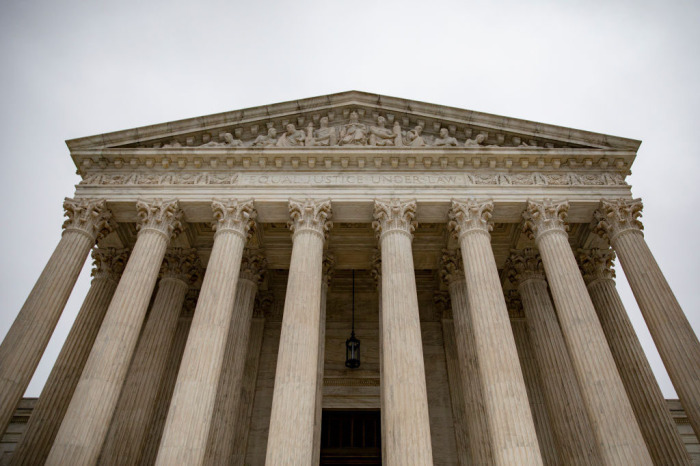Supreme Court rejects Daystar's lawsuit against Vimeo's removal of COVID-19 vaccine videos

The U.S. Supreme Court has rejected an appeal from the Daystar Television Network, which is suing Vimeo over the website's decision to remove multiple anti-vaccine videos uploaded by the Christian ministry.
In an orders list released Monday morning, the high court denied certiorari without comment in the case of Word of God Fellowship v. Vimeo, Inc. et al., which allows a lower court ruling against Daystar to remain in effect.
On July 24, 2020, amid the peak of the coronavirus pandemic, Vimeo opted to remove five videos that Daystar uploaded promoting the claim of a causal link between vaccines and childhood autism.
According to the U.S. Centers for Disease Control and Prevention, "studies have shown that there is no link between receiving vaccines and developing ASD."
In response, Daystar filed a lawsuit against Vimeo in New York County, claiming that the video-sharing website engaged in unjust enrichment and breach of contract.
The lower court dismissed the lawsuit, arguing that Vimeo was protected under Section 230 of the Communications Decency Act, which gives legal immunity to technology companies regarding removing content on their platforms.
In March of last year, the First Department of the New York Supreme Court Appellate Division upheld the lower court ruling against Daystar, with Justice Anil Singh authoring the unanimous opinion.
"The motion court held that liability was precluded by section 230 of the Communications Decency Act. We agree. Section 230 prevents lawsuits against Internet service providers for their good-faith decisions to remove content that they consider objectionable," wrote Singh.
"If service providers had to justify those decisions in court, or if plaintiffs could circumvent immunity through unsupported accusations of bad faith, section 230 would be a dead letter. This is as true for commercial users as for any other plaintiff. Therefore, we affirm dismissal of the complaint."
Vimeo General Counsel Michael Cheah said in a statement last year reported by the New York Post that he was "pleased" with the court's decision, adding that Vimeo "will continue to be diligent in removing content that spreads misinformation which can cause real-world harm."
In November 2021, Daystar joined the American Family Association in suing the federal government over its COVID-19 vaccine mandate, arguing that the measure violated their beliefs.
"AFA and Daystar must obey God's Word. They have no other choice," stated the suit, in part. "AFA and Daystar have a sincerely held religious belief that they cannot force their employees to test their beliefs or conscience by requiring them to obtain any of the COVID-19 vaccines."




























